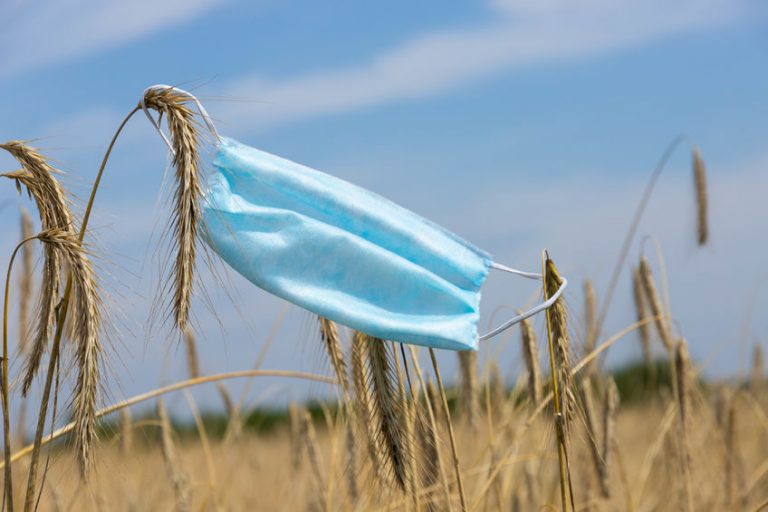At this point, everyone in the world has felt the effects of the global pandemic that is currently underway. If you’re lucky, they’re just minor inconveniences, like not being able to find your usual brand at the grocery store or catch your favorite sports game at the local stadium. For some, the effects have been more severe, such as a lost job or sudden need for full-time childcare. One thing is for certain though—no one has been spared from the impact of COVID-19.
Because many farmers and agricultural workers are considered essential workers, they perhaps did not experience much change when the pandemic first began. Now, however, the impact of the coronavirus on the farming and agricultural community has become more prominent. Take a look at some of the major ramifications the industry finds itself facing.
1) Slowdowns in equipment manufacturing
A lot of farmers are beginning or have been finding for some time now that replacement parts for their essential farm equipment have been harder to obtain. The biggest problem with many of these parts is that they are shipped to the U.S. from other countries, such as Mexico and China, that are now facing border restrictions. Trouble sourcing components has also made it more difficult for some American manufacturers to produce the farming tools and equipment that require them.
Additionally, some companies are even still trying to catch up on the backlog of work from having to shut down operations at the beginning of the pandemic or losing workers for weeks due to contracting the illness.
2) Changes in food demand
Temporary business closures and social distancing have impacted different food markets in different ways. Farmers and agricultural companies who do the majority of their business supplying in bulk to businesses and organizations, for example, have suffered from a significant decrease in demand. The pandemic shut down or detrimentally slowed the food demand for schools, universities, restaurants, workplaces, and other institutions.
There has also been less demand for fresh foods, such as fruit and dairy, in favor of non-perishables. As a result, farmers who deal mainly with food retailers and packaged food manufacturers have seen their market remain steady, and perhaps even increase.
3) Health of the workforce
Along with the impacts of coronavirus on the industry as a whole come the effects of the disease on the farmers and other laborers themselves. A large portion of the farming community is aged 55+, putting them in a higher risk category in the event that they do contract coronavirus. While many farmers have and will continue to work through the pandemic as normal, some in the high-risk category (especially if they also have underlying health conditions) have been or are still forced to stay home. School closures have also kept a number of farmers with young children from the field.
It’s not just field labor that is being affected though. Many processing and packaging plants—particularly those of meat and poultry—have become hot spots for the spread of coronavirus, dwindling their labor pool or forcing them to close down completely.
4) Economic decline
Many farmers and other agricultural businesses were already struggling to grow and maintain their operations before the pandemic hit. Now that unemployment is up throughout the entire country, consumer spending is down. There’s also the concern about overseas markets, which have been slower and less lucrative as countries around the world take measures to protect their citizens from the virus.
The additional impact of the pandemic on an already unsteady industry will certainly push those who were struggling even further from economic recovery.
At L&M Manufacturing, we’re doing everything in our power to continue providing the quality agricultural, farming, and irrigation products the members of the agricultural community need to survive and thrive. We know that, as farmers, you’ll continue to work hard no matter what obstacles you may face, so our team and our equipment will do the same for you.
To learn more about the products we offer and how they can help your farm, give us a call at 800-676-3747 today!





